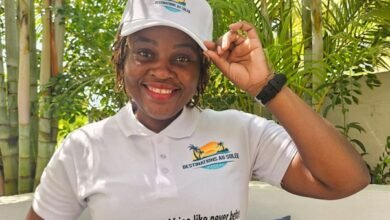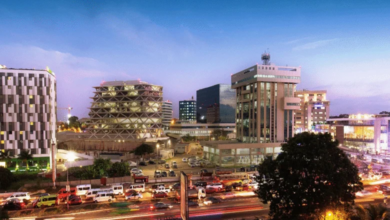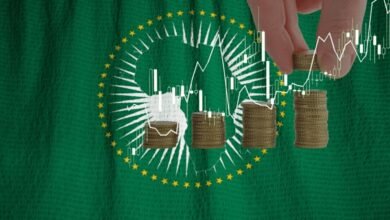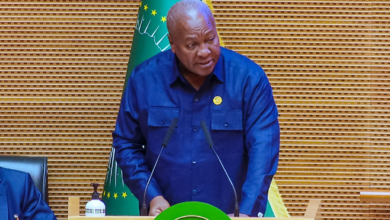Focus : the stakes of the next EU-AU summit
As the world's largest donor of official development assistance (ODA) with 66.8 billion euros of commitments in 2020, one third of which being channeled to Africa, Official development assistance (ODA) granted by the European Union (EU) and its 27 Member States has reached 66.8 billion euros in 2020, an increase of 15%. This makes the Union the main "donor" to Africa. However, with the entry into force of the "new Cotonou Agreement" and the AfCFTA, the European Union is seeking to consolidate its relationship with the continent through a "new deal. This is a major change of course that will have to be ratified in Brussels next February at the EU-AU summit.
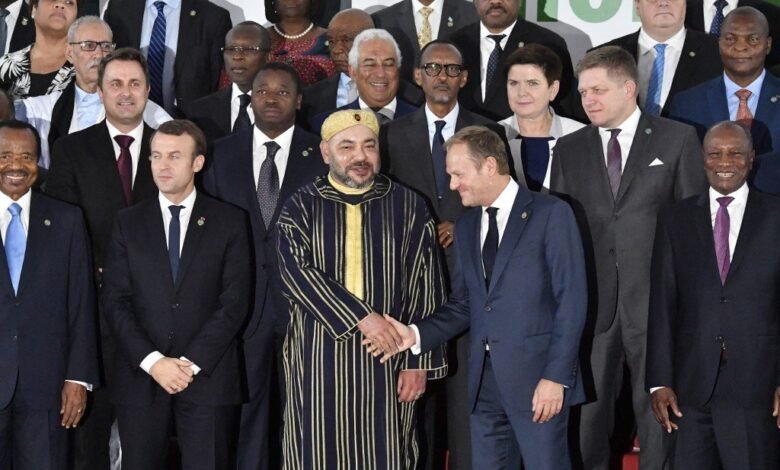
By the editorial staff
After the previous edition held in Abidjan in November 2017, the 6th Africa-Europe summit will be take place on February 17 and 18 in Brussels (Belgium), where the European Union (EU) will host the African Union (AU). The summit that was postponed last October because of the pandemic will aim to « completely overhaul the relationship that has become a bit tired » between the two continents, according to the formula of President Emmanuel Macron, the French head of state who recalled in passing that there have been €300 million in financing needs for African economies, hit by the COVID crisis.
Defining key priorities for coming years and providing strategic and policy directions for the relationship between the two continents
For the President of the European Council, Charles Michel, the meeting should in any case help « define the key priorities for the coming years and provide strategic and political guidelines for relationship between the two continents. The politician also confirmed that investments would be announced at the summit, a way of confirming the willingness of the EU and the AU to strengthen their partnership, particularly on the economic front. It remains to be seen whether the two continents are converging on the same direction for this alliance.
A plea for a fairer return on natural resources and a change in global governance
On the African side, Senegalese President Macky Sall-who will take over the AU chairmanship for the period 2022-2023-has announced that he will devote his term to « advocating for fairer compensation for natural resources and a change in global governance. For him, the priority is economic recovery… and fairer trade, as the post-Cotonou agreements and the AfCFTA come into force. On the European side, the priorities remain the fight against illegal immigration, the security issue, climate change, gender issues, but also the response to be adopted in the face of growing Chinese and Russian influence on the African continent.
From this point of view, it will certainly be difficult to find a common agenda between the EU and AU member countries, even though prior exchanges between Charles Michel and Presidents Emmanuel Macron, Macky Sall and Paul Kagamehave already taken place in December.
Development assistance used as lever to attract private sector investment
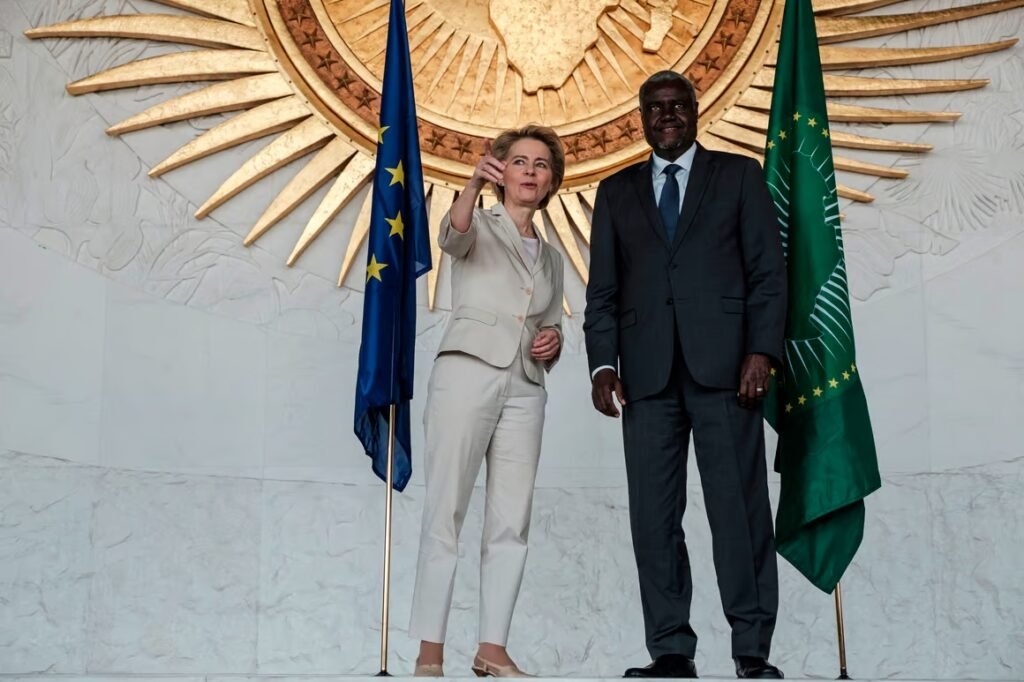
One thing is certain, EU development assistance will now be used as a lever to attract private sector investment « in order to generate the funds needed to support initiatives in infrastructure and green technologies, which are essential for the ecological transition and the transformation of African economies, » stressed Charles Michel. In fact, this pre-eminence given to the private sector and projects with high economic impact is the « new deal » proposed by the EU to the African continent. A change of course announced in 2019 by Ursula von der Leyen, when she took over the presidency of the European Commission, and who had chosen to go to the headquarters of the African Union in to Addis Ababa, for her first official trip, demonstrating the priority she wanted to give to Africa.
The same was true in Paris, where a preparatory meeting for the AU-EU Summit was held on January 10, during which Franck Riester, the French Minister of Europe and Foreign Affairs, in charge of Foreign Trade and Attractiveness, recalled that « the EU [wished] to remain in all respects, the first partner of Africa on the economic and commercial level, but also in terms of security, official development assistance and humanitarian aid.”
Revisiting the “donor-recipient relationship”
In the context of a global pandemic and amid the challenges of ecological transition, it is now up to European and African countries to draw up guidelines for their future cooperation. This renewed partnership will include a review of the narratives of « donor-recipient relationship » that has prevailed for too long between Europe and Africa,according to the European Development Commission’s services on education and agriculture. Therefore, if the strategy is already on track, the Summit will have no other challenge than to endorse it….



